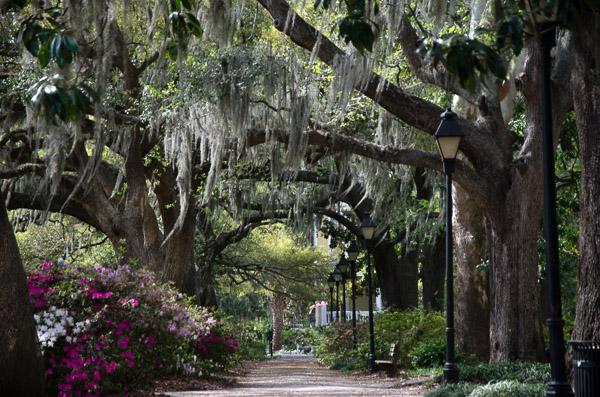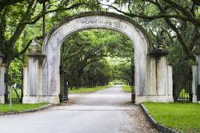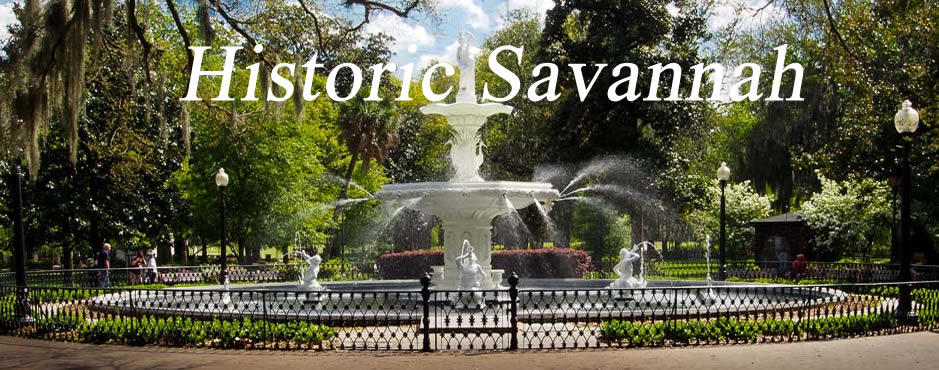 Wormsloe Plantation
Wormsloe Plantation
Wormsloe Plantation
 Wormsloe Plantation
Wormsloe Plantation
Wormsloe Plantation
Savannah, GA 31406
Hours open:
Monday - Sunday 9:00a - 5:00p
Closed Thanksgiving & Christmas Day
Historic Site Admission as of Nov., 2018
Adults (18–61): $10.00
Seniors (62+): $9.00
Youth (6–17): $4.50
Children (under 6): $2.00
The Wormsloe Historic Site, informally known as Wormsloe Plantation, is a state historic site near Savannah, Georgia. The site consists of 822 acres which includes part of the Wormsloe Plantation, a large estate established by Noble Jones who was one of Georgia's colonial founders.
Noble Jones applied for a lease for 500 acres on the south side of the Isle of Hope in 1736 which was a forest peninsula surrounded by coastal marshes. Wormsloe Plantation was established in 1737 by Noble Jones who was one of the first British colonists in the area. Wormsloe was Noble Jones' country estate where he built his house between 1739 and 1745. The house was 1.5 stories with 5 rooms and was constructed using wood and tabby, a crude type of concrete made from oyster shells and lime. The fortress consisted of 8-foot high walls with bastions at each of its four corners.
Noble Jones had a great passion for horticulture and the Wormsloe Plantation is where he experimented with different plants. He protected the cypress and oak forests of his property and never cultivated the land.
The surviving ruins of the original house are one of the only remaining examples of fortified houses once common throughout coastal Georgia. The site includes a plantation house built by Jones' grandson in 1828, a detached library, the ruins of a fortified house, a mile-long drive bordered by large oaks, and Confederate earthworks
The arched entrance to Wormsloe is located just off Skidaway Road, near the Isle of Hope community. The state-controlled area includes the scenic oak-lined avenue, a museum, and a walking trail that leads through the dense maritime forest to the ruins of the tabby fort built by Jones in 1745. More recently, the park has established a colonial life demonstration area, which includes a replica wattle-and-daub hut and several small outbuildings that simulate a living area for Jones' marines and slaves.


